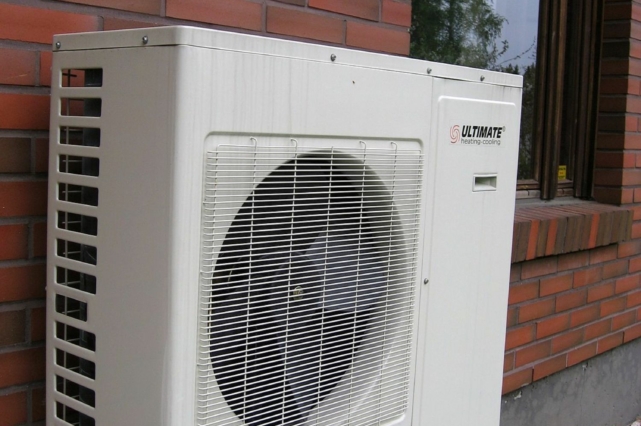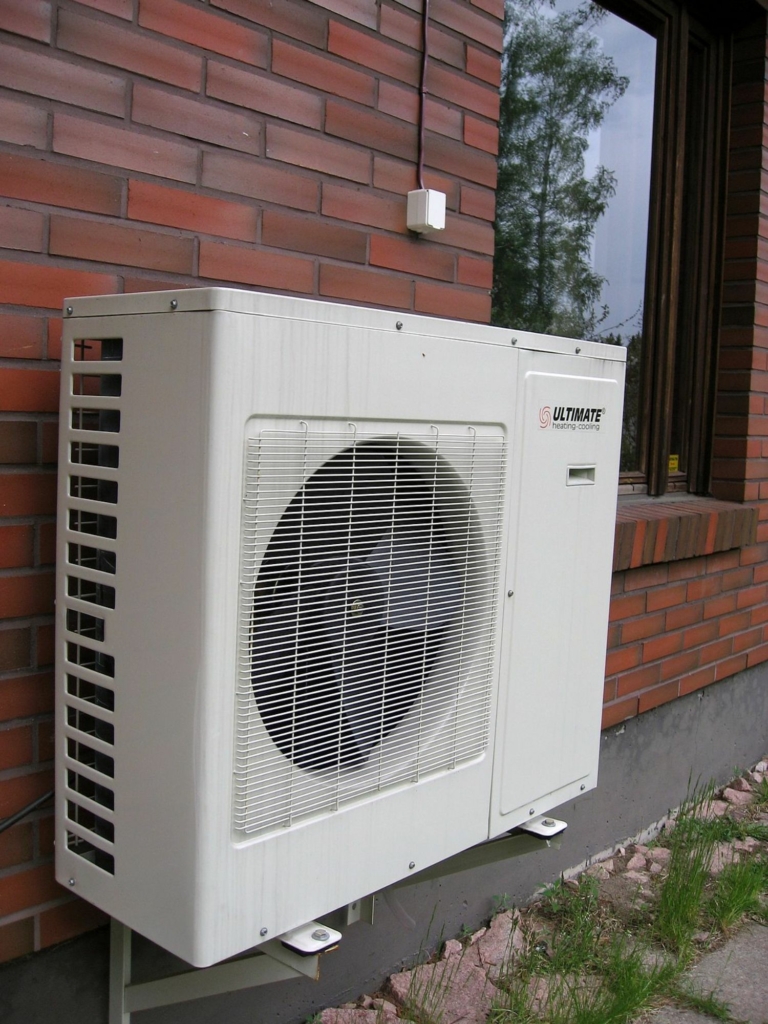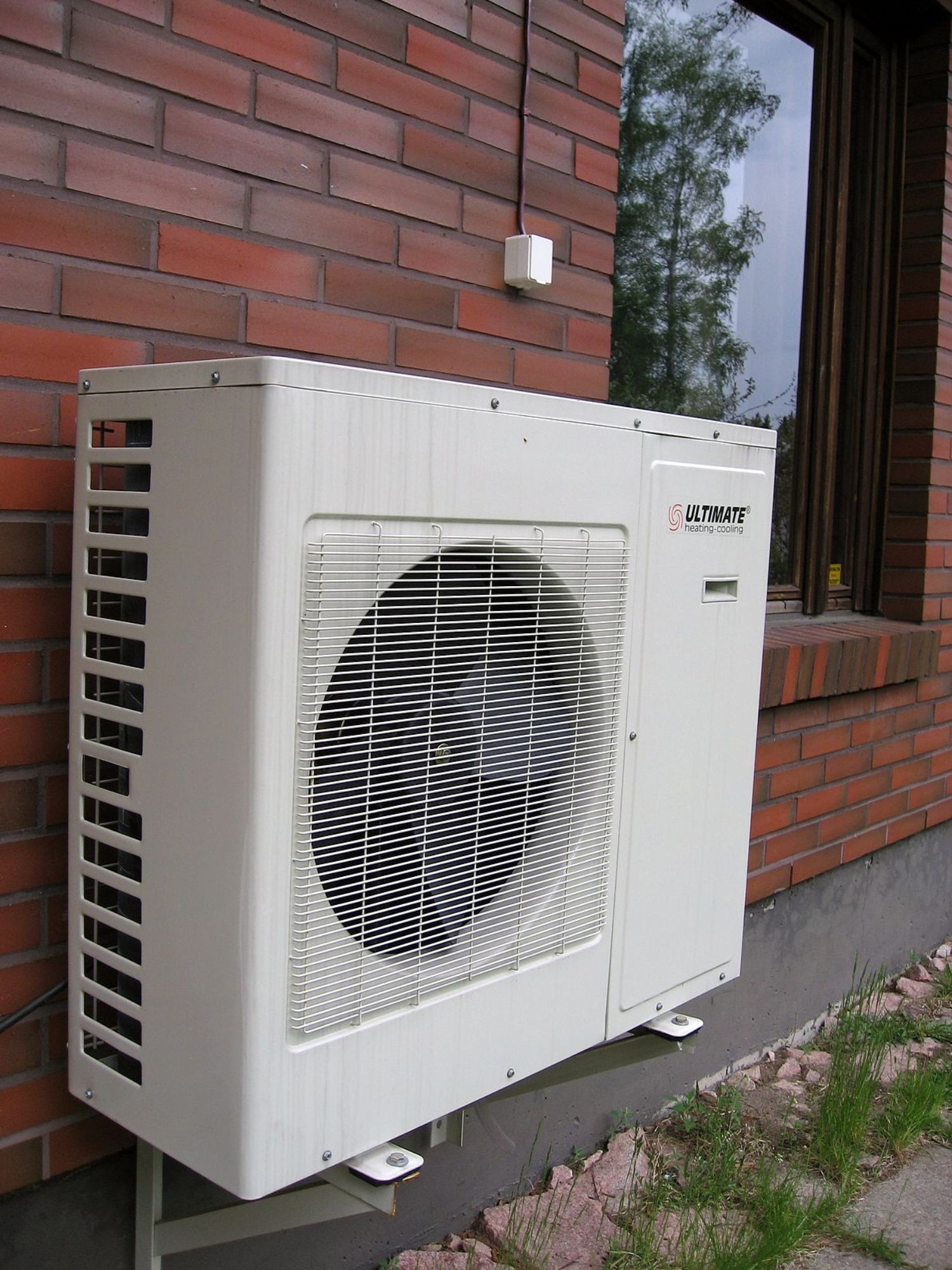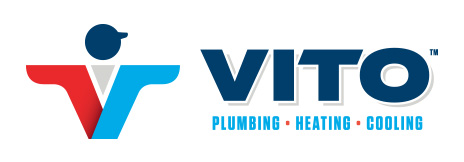
Heat Pumps: The (Heat) Wave of the Future
The Inflation Reduction Act Includes Incentives for Installing Heat Pumps and Other Energy Efficient Alternatives to Fossil Fuels
If you have not heard much about heat pumps, that will likely change shortly.
Demand for heat pumps in Europe is at an all-time high due to skyrocketing gas prices since the start of the war in Ukraine. While the heat pump craze has not reached the U.S. (yet), their profile got a major boost last summer with the passage of the Inflation Reduction Act, which includes rebates and incentives for buying and using heat pumps as well as other high-efficient electrical improvements.

The Inflation Reduction Act, in which nearly $9 billion would be distributed nationally to allow consumers and communities to make their homes and businesses more enery efficient, will offer up to $8,000 in rebates for purchasing a heat pump beginning this year. The estimated total allocation amount for DC would be just under $60 million, $137 million for Maryland and close to $190 million for Virginia.
Vito Services, a local home heating and cooling company located in Rockville, Maryland since 1934, has been repairing and servicing heat pumps for years. Vito Services answers your questions about heat pumps and how they can benefit you and your family now and in the future:
What is a Heat Pump? A heat pump is a heating and cooling device that can both heat and cool a space, home or office building.
How Does a Heat Pump Work? A heat pump works like a reverse air conditioner, using a large fan that draws air past tubes with refrigerant to extract warmth from the outside environment.
How Does a Heat Pump Make Heat? Heat Pumps tranfser heat rather than create heat.
Can Heat Pump Heat and Cool? Yes, heat pump use a gas known as refrigerant, which it depressurizes to bring to a very cold temperature. The unit then moves the cold gas through a coiled pipe, which draws heat from a room. Heat pumps use the same mechanism to cool homes in the summer and reverse the process to provide heat in the winter.
How Does a Heat Pump Work in the Winter? In cold weather, heat pumps transfer heat from OUTSIDE your home to warm the interior. The air gets compressed along the way, which heats it up even further. (Heat Pumps can always find heat energy outdoors as long it temperatures remain above absolute zero.
How Does a Heat Pump Work in the Summer? In warm weather, heat pumps transfer heat from INSIDE your and pump it outside.
Are Heat Pumps Effective in Extreme Cold? Yes, advances in technology made heat pumps more effective in colder climates however, the outside temperature has to be above absolute freezing in order for heat pumps to be able to warm in the interior of a home or business. The colder the temperature, the harder a heat pump will have to work, which will reduce efficiency.
Are Heat Pumps More Energy Efficient than Standard HVAC Units? Yes, heat pumps are more energy-efficient than standard HVAC Air Conditioners, Furnaces and Boilers because they do not use fossil fuels (gas) and run soley on electricity. They also do not generate heat, they just move it from one location to another.
Are Heat Pumps More Efficient than Standard HVAC Units? Yes, for every unit of electricity a heat pump uses, it can generate 2.5 to 5.5 units of heat. This brings heat pumps’ energy efficiency to 250-500 percent! Standard HVAC Boilers, Furnances and A/C Units are at best 90-95% efficient.
What Are the Different Types of Heat Pumps? There are three (3) main types of heat pumps:
- Air-to-Air Heat Pumps: This standard heat pump source heat from outside and bring inside to warm your home or space. The air is moved through ducts (just like a central heating and cooling unit).
- Mini-Splits: These use the same technologyu as a standard heat pump, but do not require ducts. Mini Splits are more similiar to an HVAC window unit.
- Geothermal Heat Pumps: Geo-Thermal pumps move heat from deep within the earth though undergroup pipes and into your home.


